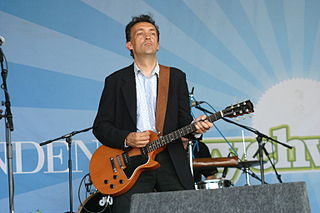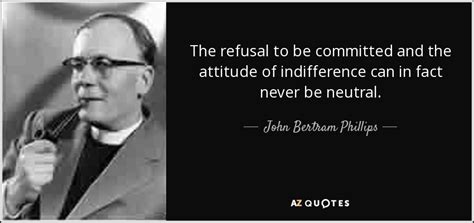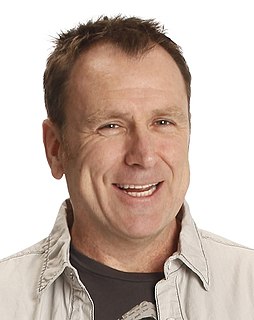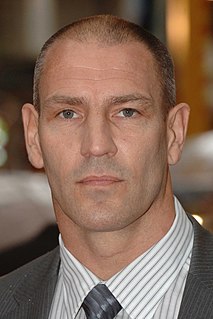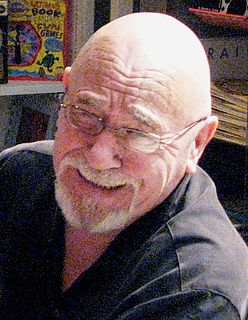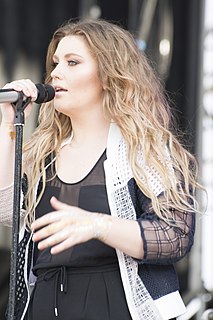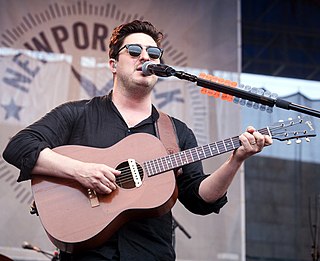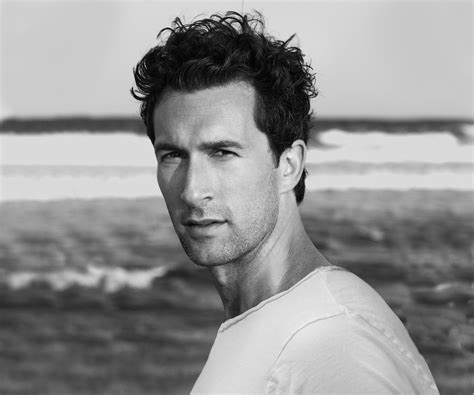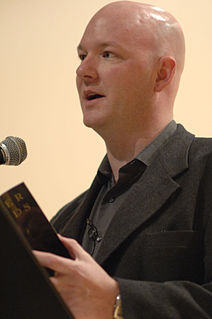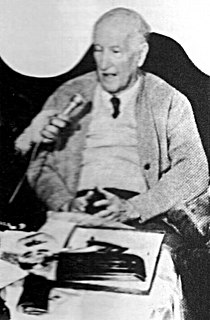Top 1200 Love Poetry Quotes & Sayings - Page 15
Explore popular Love Poetry quotes.
Last updated on November 19, 2024.
I'm finding that writing poetry is strengthening my songwriting, because you're learning to make a piece of writing work on a page with nothing else. I was also finding within poetry I felt a lot more free to write about very different matters, to write about social issues or things that are going on around me.
we need poetry most at those moments when life astounds us with losses, gains, or celebrations. We need it most when we are most hurt, most happy, most downcast, most jubilant. Poetry is the language we speak in times of greatest need. And the fact that it is an endangered species in our culture tells us that we are in deep trouble.
Every poet gets to choose what kind of community he or she serves with the poems, and it's true that there is a community for very difficult, challenging poetry. It's a community that's established itself over the last 80 years, that was originally, in effect, really started by T. S. Eliot and Ezra Pound. They believed that poetry ought to contain learning, that it ought to rise upon all the learning that went before.
The advice I continually give to young writers is this, "Learn to paint pictures with words." Not just once upon a time, but ... In the long secret dust of ages, beneath a blue forgotten sky, where trade winds caress the sun bleached shores of unknown realms ... See, as much as there are words in poetry, there is a poetry in words. Use it, stay faithful to the path you have set your heart upon and follow it.
What has praise and fame to do with poetry? Was not writing poetry a secret transaction, a voice answering a voice? So that all this chatter and praise, and blame and meeting people who admired one and meeting people who did not admire one was as ill suited as could be to the thing itself- a voice answering a voice.
In Europe life retreats out of the cold, and exquisite fireside myths have resulted—Balder, Persephone—but [in India] the retreat is from the source of life, the treacherous sun, and no poetry adorns it because disillusionment cannot be beautiful. Men yearn for poetry though they may not confess it; they desire that joy shall be graceful and sorrow august and infinity have a form, and India fails to accommodate them.
No one can threaten poetry. It's always been there, always will be. Humans need it to live: it has sustaining powers. How could we (anyone) get through adolescence without some form of song? Song is only a version of lyric poetry that is carried more by melody than by internal coherence and unity. but lyric and song - they are the same.
One: whose shoulders do you stand on? And two: what do you stand for? These are two questions that I always begin my poetry workshops with students because at times, poetry can seem like this dead art form for old white men who just seem like they were born to be old, like, you know, Benjamin Button or something.
People who are knowledgeable about poetry sometimes discuss it in that knowing, rather hateful way in which oenophiles talk about wine: robust, delicate, muscular. This has nothing to do with how most of us experience it, the heart coming around the corner and unexpectedly running into the mind. Of all the words that have stuck to the ribs of my soul, poetry has been the most filling.
I write poetry to figure things out. It's what I use as a navigating tool in my life, so when there's something that I just can't understand, I have to "poem" my way through it. For that reason I write a lot about family, because my family confuses me and I'm always trying to figure them out. I write a lot about love, because love is continually confusing in all of its many glorious aspects.
It is hard to compare cultures without overgeneralizing, but I think a lot of American poetry has an assertiveness - an upbeat quality - that's less typical of Canadian poetry. Of course there are poets in both countries to whom that generalization does not apply. Speaking broadly, I'd describe Canadians as being a bit more reserved than Americans. Not less opinionated - just less direct.
I sense the world might be more dreamlike, metaphorical, and poetic than we currently believe--but just as irrational as sympathetic magic when looked at in a typically scientific way. I wouldn't be surprised if poetry--poetry in the broadest sense, in the sense of a world filled with metaphor, rhyme, and recurring patterns, shapes, and designs--is how the world works. The world isn't logical, it's a song.
I never intended to write poems, nor to be a photographer, nor to be a film-maker. I just took many, many pictures and I would put them in an album, and then some years later I decided to show them and suddenly I was called a photographer. Same thing with my poetry. They're notes that I'd written in a book and it may be considered poetry.
Any artist, in any field, wants to press deeper, to discover further. Image and sound play are among the strongest colors available to poetry's palette. For a long time, I've wanted to invite in more strangeness, more freedom of imagination. Yet music, seeing, and meaning are also cohering disciplines. They can be stretched, and that is part of poetry's helium pleasure. But not to the point of breaking.
When I started to take literature and poetry classes, I just started to get inspired by these new incredible works of art that I had never seen or heard of before. I wrote a lot of bad high-school poetry, just like pretty much everyone did, I think, at some point. For me, the inspiration never really stopped.
Poetry begins in trivial metaphors, pretty metaphors, "grace" metaphors, and goes on to the profoundest thinking that we have. Poetry provides the one permissible way of saying one thing and meaning another. People say, "Why don’t you say what you mean?" We never do that, do we, being all of us too much poets. We like to talk in parables and in hints and in indirections - whether from diffidence or some other instinct.
Dialectic, which is the parent of logic, came itself from rhetoric. Rhetoric is in turn the child of the myths and poetry of ancient Greece. That is so historically, and that is so by any application of common sense. The poetry and myths are the response of a prehistoric people to the Universe around them made on the basis of Quality. It is Quality, not dialectic, which is the generator of everything we know.
The word 'mundane' has come to mean 'boring' and 'dull', and it really shouldn't - it should mean the opposite. Because it comes from the latin mundus, meaning 'the world'. And the world is anything but dull: The world is wonderful. There's real poetry in the real world. Science is the poetry of reality.
I think New York is working its way into my poems. It takes a while for a place to filter its way onto the page, but I've been reading more and more American poetry and I certainly feel it as quite a freeing force. Coming from the formally ordered tradition of poetry in Ireland, I find the expansiveness of American literature freeing in some sense.
Kools and Newports were for black people and lower-class whites. Camels were for procrastinators, those who wrote bad poetry, and those who put off writing bad poetry. Merits were for sex addicts, Salems were for alcoholics, and Mores were for people who considered themselves to be outrageous but really weren't.
Perhaps the chief cause which has retarded the progress of poetry in America, is the want of that exclusive cultivation, which so noble a branch of literature would seem to require. Few here think of relying upon the exertion of poetic talent for a livelihood, and of making literature the profession of life. The bar or the pulpit claims the greater part of the scholar's existence, and poetry is made its pastime.
An old woman I loved very much when I was young - the wife of Jean Villard - she's just reciting poetry all the time, which is beautiful because it means she went back to the world of poetry that she loved when she was young. That's all she does - she almost doesn't recognize her children, but she recites Valéry and Baudelaire. So what? We're the ones who are suffering. She's not.
What I hate about kitchen-sink dramas is [this idea] that the set is real, therefore you're going to be seeing truth. You have to earn truth. Truth can't be a part of the fact that people appear to talk that way and live in that room. You're looking for the poetry in something, and I don't mean poetry in the fancy sense. Naturalism believes by just replicating a thing you give the truth, rather than earning the truth.
The question does arise if how and why to write poetry in this time. It feels both completely essential and also quite difficult. But that's how writing poetry has felt to me my whole life. Everything seems to have just gotten immensely more mortal and tragic and scary, which makes it hard to concentrate, but also, if harnessed, can provide immense energy for making poems.
The first night Stephen and I slept together, he whispered numbers into my ear: long, high numbers -- distances between planets, seconds in a life. He spoke as if they were poetry, and they became poetry. Later, when he fell asleep, I leaned over him and watched, trying to picture a mathematician's dreams. I concluded that Stephen must dream in abstract, cool designs like Mondrian paintings.
A forest," William said, his expression distant. "Where the ground is dry soil and stone. Where tall trees grow and centuries of autumn carpet their roots. Where the wind smells of game and wildflowers." "Why, that was lovely, Lord Bill. Do you ever write poetry? Something for your blueblood lady?" "No." "She doesn't like poetry?" "Leave it." Hehe. "Oh, so you have a lady. How interes--


